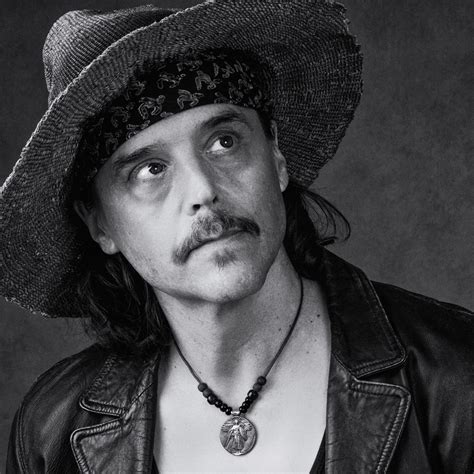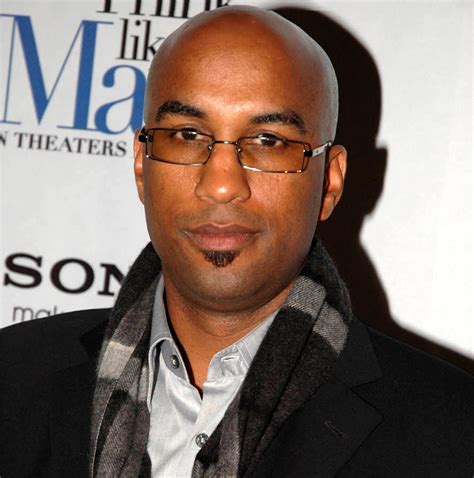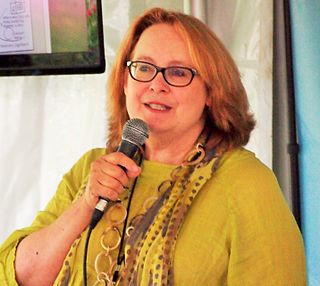A Quote by Chuck Palahniuk
When you understand, that what you're telling is just a story. It isn't happening anymore. When you realize the story you're telling is just words, when you can just crumble up and throw your past in the trashcan, then we'll figure out who you're going to be.
Related Quotes
I think that when I'm telling a story, I'm doing the best I can to tell the story as fully as I can, and if there are various fractures that happen in the story, then that's just the very thing that the story is as opposed to my looking for avenues of difference in one story. They just really do exist. For me, anyway.
Well, let’s start with the maxim that the best writing is understated, meaning it’s not full of flourishes and semaphores and tap dancing and vocabulary dumps that get in the way of the story you are telling. Once you accept that, what are you left with? You are left with the story you are telling.
The story you are telling is only as good as the information in it: things you elicit, or things you observe, that make a narrative come alive; things that support your point not just through assertion, but through example; quotes that don’t just convey information, but also personality.
I'd thought I'd constructed a really wonderful book, and the teacher told me that my story basically began on page fifty, and that I should throw out everything prior, or figure out a way to weave only the most important information back into the story, and keep the action moving forward. Wow. That was a really humbling experience. A real eye-opener. Made me realize there are so many aspects involved with telling a story.
I think that people have to have a story. When you tell a story, most people are not good storytellers because they think it's about them. You have to make your story, whatever story it is you're telling, their story. So you have to get good at telling a story so they can identify themselves in your story.
Since each story presents its own technical problems, obviously one can't generalize about them on a two-times-two-equals-four basis. Finding the right form for your story is simply to realize the most natural way of telling the story. The test of whether or not a writer has defined the natural shape of his story is just this: After reading it, can you imagine it differently, or does it silence your imagination and seem to you absolute and final? As an orange is final. As an orange is something nature has made just right.
Every story is flawed, every story is subject to change. Even after it is set down to print, between covers of a book, a story is not immune to alteration. People can go on telling it in their own way, remembering it the way they want. And in each telling the ending may change, or even the beginning. Inevitably, in some cases it will be worse, and in others it just might be better. A story, after all, does not only belong to the one who is telling it. It belongs, in equal measure, to the one who is listening.
I think when people begin to tell their stories, everything changes, because not only are you legitimised in the telling of your story and are you found, literally, like you matter, you exist in the telling of your story, but when you hear your story be told, you suddenly exist in community and with others.






































